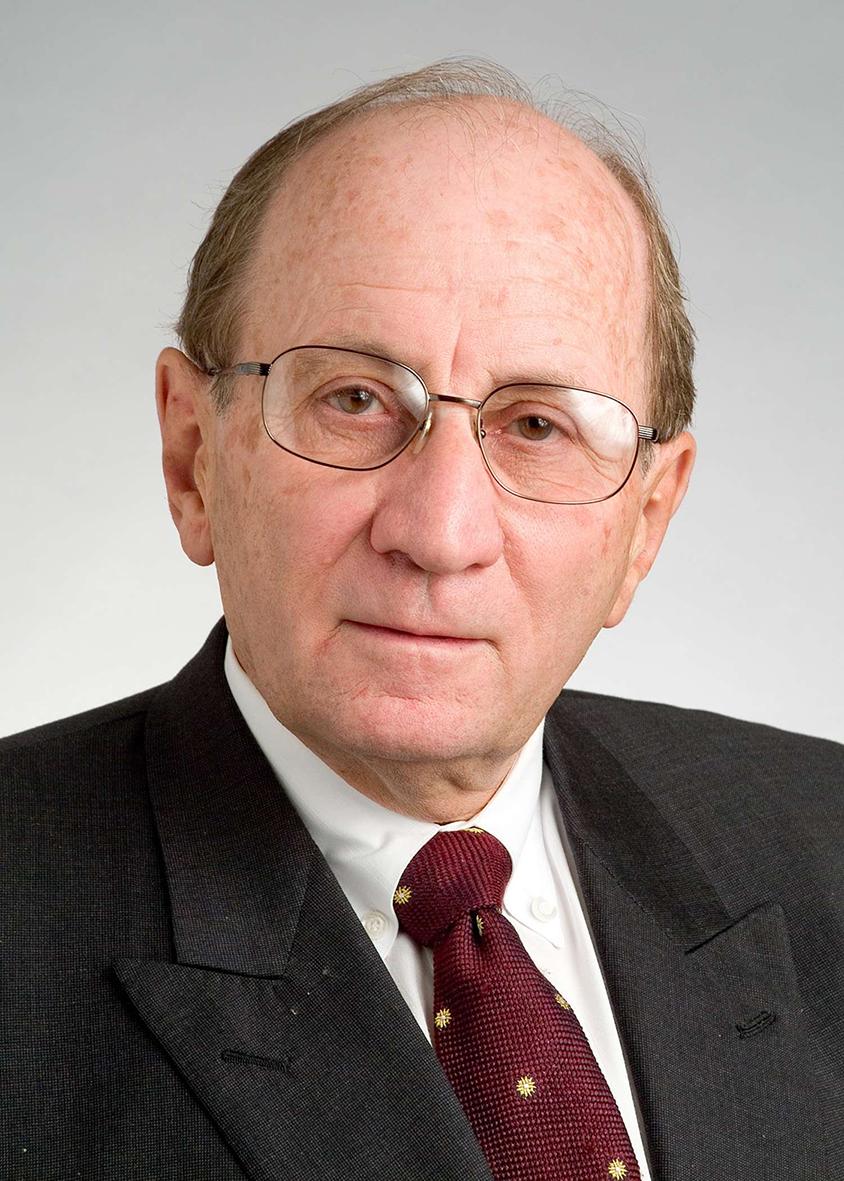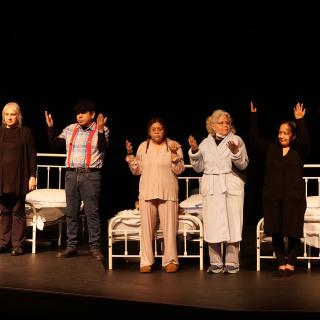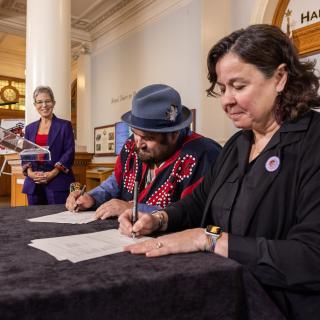Marvin Storrow believes that even though something is law doesn’t always mean it is just or right. An accomplished lawyer with 55 years’ experience, Storrow has challenged the law numerous times, and due to his determination and courage he has steered the course of legal history in Canada.
Storrow’s legal contribution towards getting formal recognition of Indigenous rights and title through the courtsis one reason Vancouver Island University (VIU) is awarding him an honorary Doctor of Laws during the morning Convocation ceremony on February 1, 2019.
“I don’t mind challenging the law, because that is how it develops and grows,” says Storrow.
Storrow has been involved in both civil and criminal cases, including approximately 40 appearances before the Supreme Court of Canada. His expertise covers many areas, but Indigenous law is where his efforts have been the most influential.
“I realized early on in my life there were people in our Canadian community that were not treated equally and I thought that was wrong,” he says. “It needs to be just and equal to all and it wasn’t always that way.”
Born in east Vancouver in 1934, community and sport activities played an important role in Storrow’s upbringing. It was on the playing field where he became friends with a number of Indigenous athlete and discovered the injustices Indigenous people faced under the Indian Act. For example, women were denied status if they married a non-Indigenous man, residential schools were introduced, and Indigenous peoples were not allowed to vote.
When Storrow attended UBC in the 1960s, he recalls that there were only two Indigenous students on campus. Under the Indian Act, Indigenous peoples who received a university degree or became a doctor, clergyman or lawyer lost their band status. At one point, they couldn’t even have their own representation in court, including hiring lawyers.
In the mid-1970s, Storrow became acquainted with Delbert Guerin, then chief of the Musqueam Indian Band. The Musqueam held more than 400 acres of reserve land overlooking the Fraser River in Vancouver, of which 162 prime acres went to the Shaughnessy Golf and Country Club in an unfair lease agreement deal for the band. Guerin searched for five years to find a lawyer who would take the case on. Storrow saw an injustice demanding to be rectified. The rest is legal history. The landmark R. v. Guerin Supreme Court of Canada decision ruled in the Musqueam’s favour and established the federal government’s fiduciary duty to Indigenous peoples specifically in regards to reserve lands. The case has been cited in approximately 500 court cases both in Canada and in other countries.
Following the Guerin case, Storrow won several other impactful cases, including R. v. Sparrow, the first case to address the constitutional rights of Indigenous peoples under Section 35 of the Constitution Act of 1982; Delgamuukw v. British Columbia, concerning the nature and scope of constitutionally protected Aboriginal title; and R. v. Gladstone, the only case to recognize Indigenous commercial fishing rights. Three of his cases have been ranked by Canadian legal scholars as among the top 15 most important cases in legal history.
“It would be fair to say that the work of the Truth and Reconciliation Commission was made possible at least in part due to the groundbreaking achievement that Storrow accomplished in gaining general legal acceptance of Aboriginal rights and title in Canada over the past several decades,” says Anna Fung, Past President of the Law Society of BC.
Storrow’s determination and work ethic extend to his extensive volunteer work. He is an avid supporter of Legal Aid BC, and at one point, Storrow was told he had worked on one-seventh of all legal aid cases in the province that year.
“I don’t think a good justice system is only available to those who can afford it; those who can’t should still be able to use it,” he says.
Storrow is a life bencher of the Law Society of British Columbia, an honorary director for the Justice Institute of BC, a director of the British Columbia International Commercial Arbitration Centre and a trustee of the British Columbia Sports Hall of Fame and Museum.
Many attributes that contributed to Storrow’s success as a lawyer, such as courage, determination and judgement, have also shaped him into an exceptional sportsman. He was instrumental in securing the bid for Vancouver to host the 2010 Olympics, and is currently a Director for Tennis BC.
Not only has Storrow made significant changes in legal system of Canada, but he has supported the career paths of many of his peers by always being willing to share his knowledge and perspective with them.
“Storrow has led by example, with humility, with pragmatism and with his characteristic heartwarming and mischievous humour,” says Justice Maria Morellato. “He has taught many of us the profound importance of courage, integrity, hard work, tenacity and compassion in our respective places of responsibility.”
-30-
MEDIA CONTACT:
Rae-Anne Guenther, Communications Officer, Vancouver Island University
P: 250-741-6673 l C: 250-619-1088 l E: Rae-Anne.Guenther@viu.ca | T: @VIUNews





